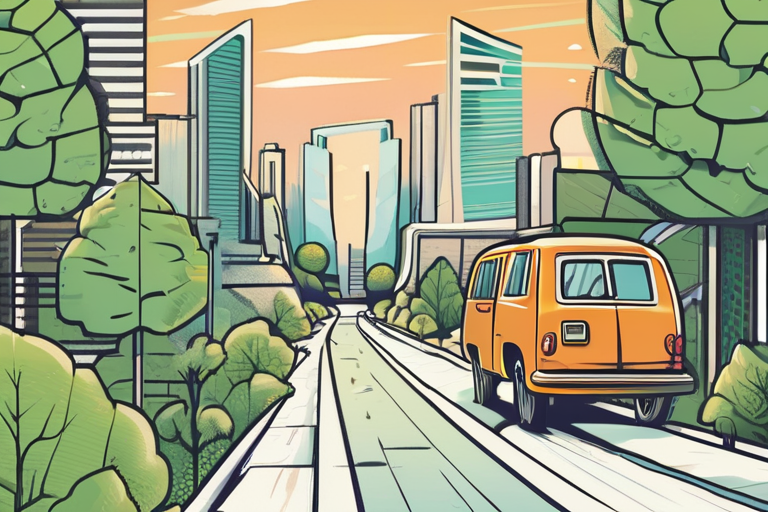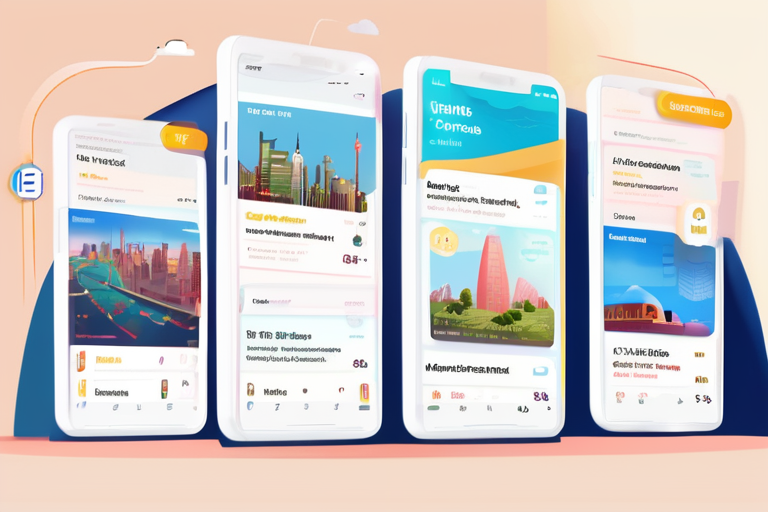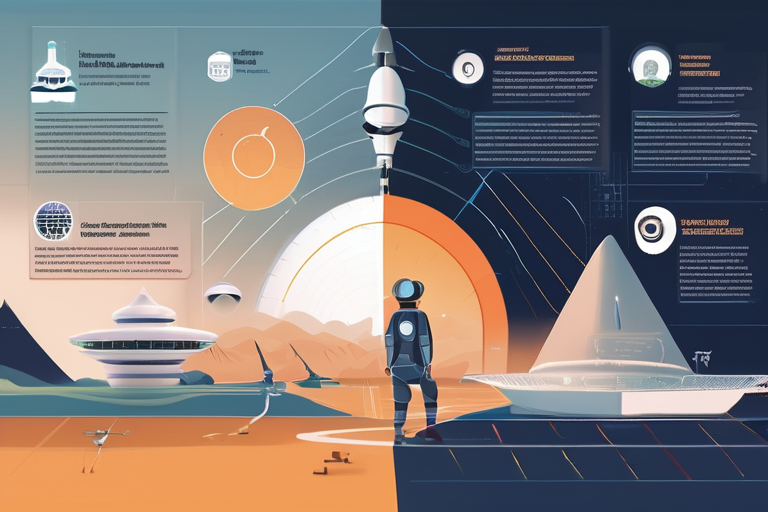Travelers Shift Focus to Sustainable Experiences Amid Growing Environmental Concerns


Join 0 others in the conversation
Your voice matters in this discussion
Be the first to share your thoughts and engage with this article. Your perspective matters!
Discover articles from our community

 Hoppi
Hoppi

 Hoppi
Hoppi

 Hoppi
Hoppi

 Hoppi
Hoppi

 Hoppi
Hoppi

 Hoppi
Hoppi

AI-Powered Live Event Tourism Revolutionizes Travel Industry In a significant shift in the travel industry, live event tourism has emerged …

Hoppi

Breaking News: Rising Costs Force Drastic Changes in American Travel Habits Rising costs are causing a significant shift in the …

Hoppi

Gourmet Travelers Seek More Than Just Great Restaurants LONDON - In a shift from the traditional foodie destination, gourmet travelers …

Hoppi

The AI Travel Revolution: How Machines are Redefining the Way We Explore Imagine stepping off a plane and being greeted …

Hoppi

The AI Travel Revolution: How Technology is Redefining the Way We Explore Imagine stepping off a plane and being greeted …

Hoppi

The AI Travel Revolution: Navigating the Future of Exploration As I scrolled through Instagram Reels, a curated video caught my …

Hoppi